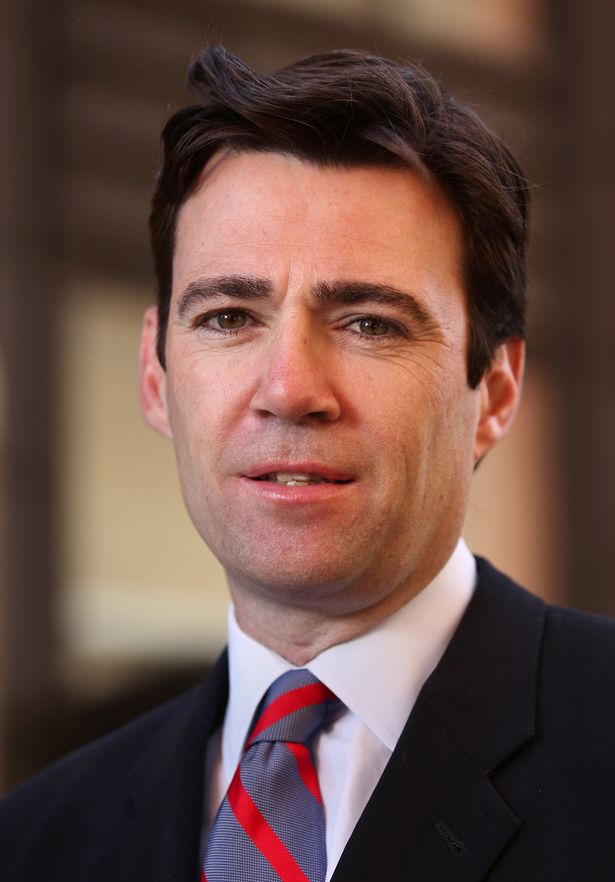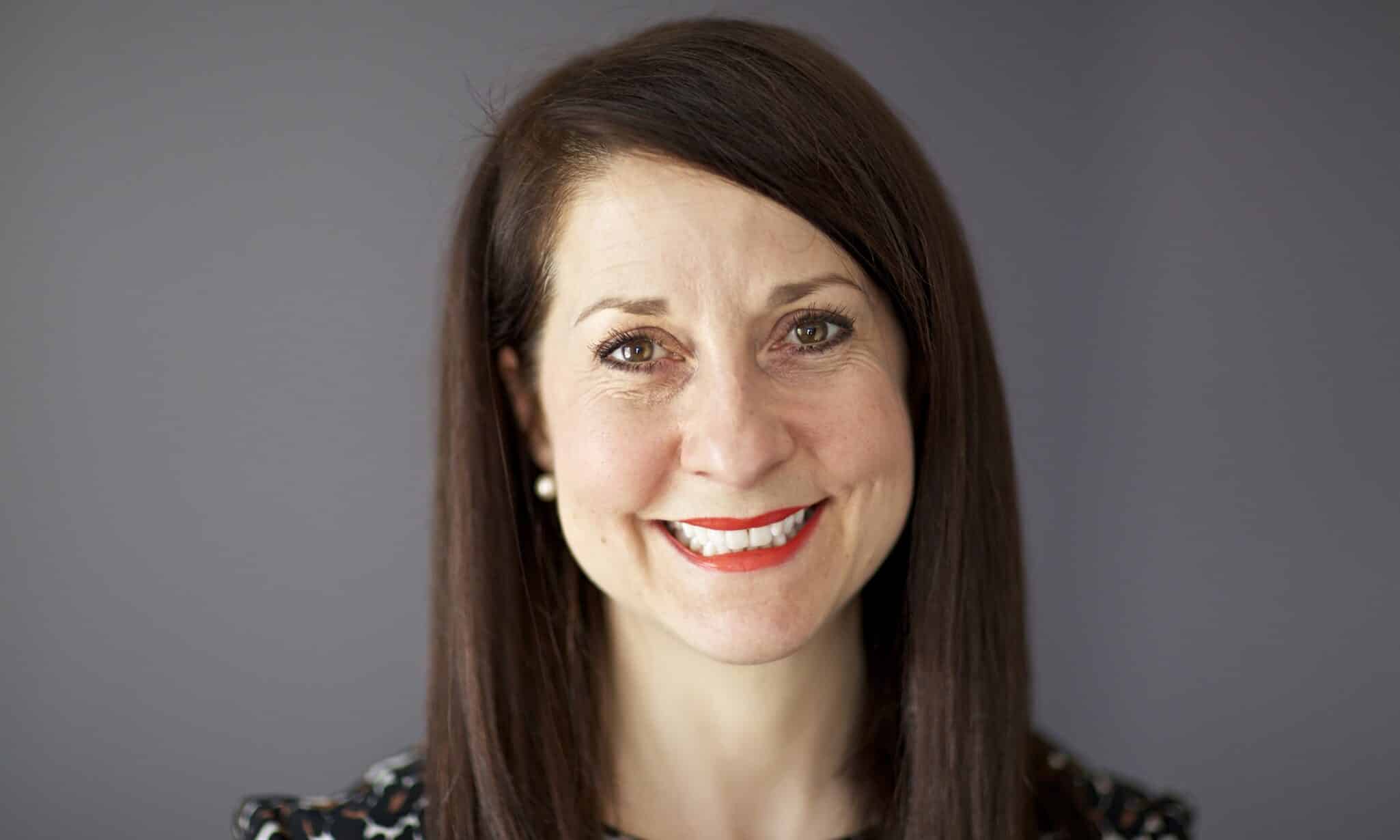MEMBER PRESS RELEASE - Vogelsang to present the HiCone for the wastewater sector at IFAT…
Labour leadership candidates lay out their green stalls
Following the resignation of Ed Miliband after the 2015 general election, the Labour Party is currently in the process of selecting a new leader.
SERA, an environmental pressure group affiliated to the Labour Party, has requested statements from each of the leadership candidates on their environmental policy stances, which are summarised below.
The Labour leadership is being contested by four candidates:
Jeremy Corbyn
Joined Parliament with Tony Blair and Gordon Brown in 1983 but has never served on the front benches. Representing a shift to the left of the party and a return to “Old Labour”, he is currently placed as favourite to win the leadership.
A controversial figure, eight senior Labour frontbenchers have already refused to serve under a Corbyn-led shadow cabinet that could provoke an ‘old’ versus ‘new’ Labour divide. Any divisions would weaken the Opposition at a time in which industry needs a strong counter-balance to government.
In his SERA statement Jeremy Corbyn speaks in very broad terms of a ‘Green New Deal’ and heavy investment in “renewable energy networks”. He does, however, clearly signal his opposition to fracking and support for greater investment in renewables. His reference to the importance of devolving production to local municipalities may not signal the centralised targets that we’d ideally like from a planning or resource management perspective.
According to analysis by the Independent, if Jeremy Corbyn were to win the leadership election he would probably seek to reach out to Green and Liberal Democrat support before the 2020 general election, which could present an opportunity for the renewables industry.
Yvette Cooper
Having served as Chief Secretary to the Treasury and then Work & Pensions Secretary under Gordon Brown, Yvette Cooper came to prominence in the last Parliament while serving as the Shadow Home Secretary.
Widely considered second favourite, Yvette Cooper still has a chance of slipping through to win the contest.
In her SERA statement Yvette Cooper places a key emphasis on wind, solar and energy efficiency. Offering little tangible policy on energy policy, she does however specifically criticise the government’s decision to remove the Climate Change Levy exemption, which ADBA estimates will cost the AD industry alone £11 million.
Andy Burnham
As a former Health Secretary and Shadow Health Secretary during the last Parliament, Andy Burnham established himself as an effective operator.
Initially the clear favourite to win the leadership contest, an unambitious campaign has failed to galvanise Labour’s grassroot support, enabling Jeremy Corbyn to leach much of his support.
In his SERA statement he references the need to: tackle air pollution; reduce unnecessary waste; and support sustainable agricultural and food production. AD offers a significant contribution to all three of these ambitions.
He also criticises the fracking policy and emphasises need for new sustainable housing.
Liz Kendall
Part of the 2010 intake of new MPs, Liz Kendall entered the leadership contest without much of an existing support base. Representing the right of the party, as the only candidate to back the need for austerity measures. She is extremely unlikely to win the leadership contest.
In her SERA statement she employs the most emotive language of all the candidates:
Climate change is one of the biggest threats facing Britain and the world…. [which] is linked inextricably to globalisation and our future prosperity.
Where Cameron sees ‘green crap’ I see future jobs, investment and prosperity.
She also emphasises the importance in tackling air pollution and devolving power. There’s little detail, however, on how she would seek to support these ambitions.



